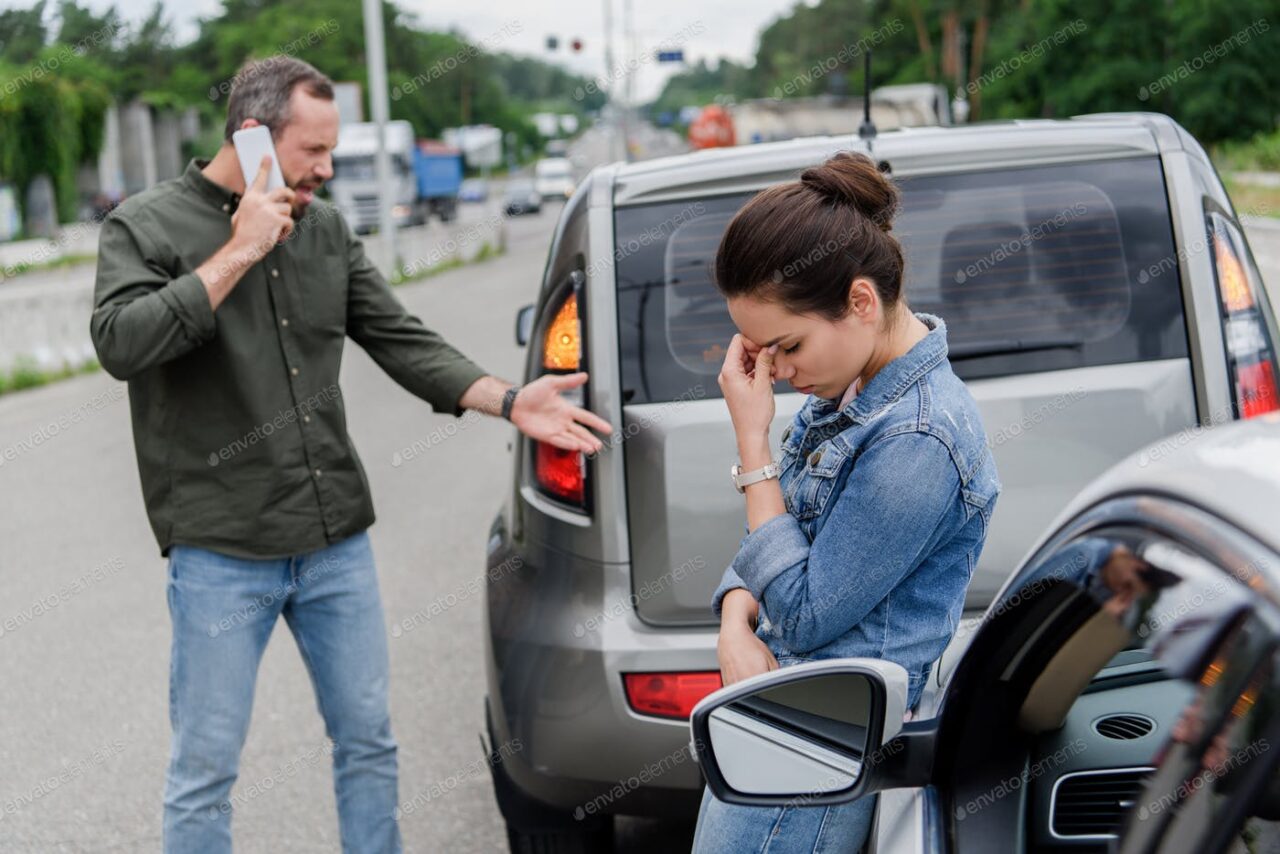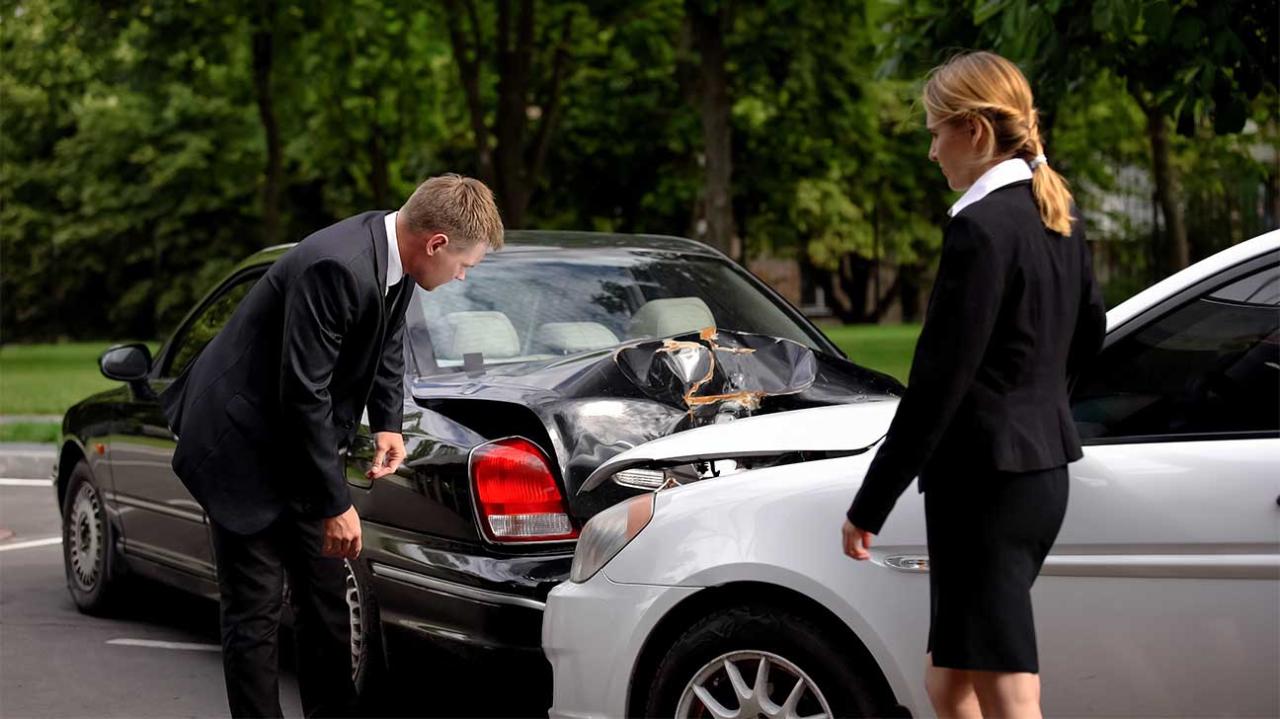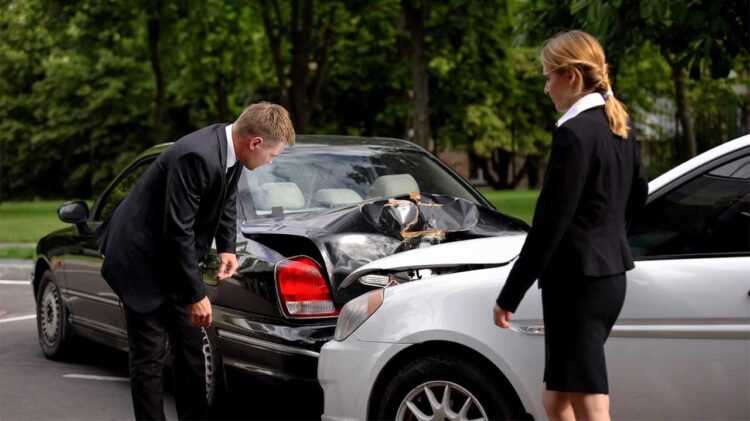
Understanding the Legal Landscape for Car Accident Cases

Car accident law is a complex field, and navigating the legal process can be daunting. An attorney can provide invaluable guidance and support, ensuring that your rights are protected and you receive fair compensation for your injuries and losses.
There are many different types of car accident cases, each with its own unique legal implications. Some of the most common types include:
- Rear-end collisions
- Head-on collisions
- Side-impact collisions
- Rollover accidents
- Pedestrian accidents
- Bicycle accidents
Common Legal Issues Faced by Victims of Car Accidents
Victims of car accidents often face a variety of legal issues, including:
- Determining liability for the accident
- Calculating damages
- Negotiating with insurance companies
- Filing a lawsuit
An experienced car accident attorney can help you understand your legal rights and options, and can guide you through the legal process to maximize your recovery.
Choosing the Right Lawyer for Your Case
When selecting a lawyer for a car accident case, it’s crucial to consider several key factors.
Qualities and Experience
Seek a lawyer with:
– Experience in handling car accident cases
– A proven track record of success
– Strong negotiation and litigation skills
– Excellent communication and interpersonal abilities
– A deep understanding of the relevant laws and regulations
Finding and Interviewing Lawyers
– Referrals: Ask friends, family, or other professionals for recommendations.
– Online research: Explore websites like Avvo and Martindale-Hubbell.
– Local bar associations: Contact them for a list of attorneys in your area.
– During interviews, ask about their experience, fees, communication style, and approach to your case.
The Legal Process of a Car Accident Case

The legal process for a car accident case involves several stages, each with its own set of procedures and deadlines. Understanding the timeline and roles involved can help you navigate the process effectively.
Timeline of a Car Accident Case
- Initial Reporting: Report the accident to the police and exchange information with the other driver(s) involved.
- Insurance Claim: File a claim with your insurance company and provide supporting documentation.
- Investigation: Insurance companies investigate the accident to determine fault and liability.
- Demand Letter: If the insurance company denies or offers an unsatisfactory settlement, the injured party may send a demand letter outlining their claim.
- Filing a Lawsuit: If negotiations fail, the injured party may file a lawsuit against the at-fault driver.
- Discovery: Both parties exchange information and documents relevant to the case.
- Mediation: A neutral third party facilitates negotiations between the parties to reach a settlement.
- Trial: If settlement negotiations fail, the case goes to trial, where a judge or jury determines liability and damages.
- Settlement: The case may be settled at any point during the legal process.
Roles Involved
Plaintiff: The injured party who files the lawsuit.
Defendant: The at-fault driver or their insurance company.
Insurance Companies: Provide coverage and handle claims for both the plaintiff and defendant.
Stages of Litigation
Discovery: The parties gather information through interrogatories, depositions, and document requests.
Trial: The case is presented before a judge or jury, who determine fault and damages.
Settlement: A negotiated agreement between the parties to resolve the case without a trial.
Maximizing Compensation for Your Injuries

Car accident victims are entitled to compensation for the physical, emotional, and financial losses they have suffered. The types of damages available include:
– Medical expenses: Past, present, and future medical expenses related to the accident.
– Lost wages: Income lost due to the accident, including future earning potential.
– Pain and suffering: Compensation for the physical and emotional pain caused by the accident.
– Property damage: Reimbursement for damage to your vehicle or other property.
The amount of compensation awarded depends on factors such as:
– The severity of your injuries
– The extent of your medical expenses
– The length of time you are unable to work
– The impact of the accident on your quality of life
Negotiating a settlement with the insurance company can be a complex process. It is important to have an experienced attorney on your side who can help you maximize your compensation. Here are some strategies for maximizing your settlement offer:
– Document your injuries and expenses: Keep detailed records of all medical bills, lost wages, and other expenses related to the accident.
– Get a medical evaluation: A medical evaluation can help you determine the extent of your injuries and provide evidence to support your claim.
– Be prepared to negotiate: Be prepared to negotiate with the insurance company to get a fair settlement.
– Do not accept the first offer: The insurance company’s first offer is likely to be low. Be prepared to negotiate for a higher settlement.
– Consider legal action: If you are unable to reach a fair settlement with the insurance company, you may need to consider filing a lawsuit.
Additional Considerations for Car Accident Victims
Navigating the aftermath of a car accident can be daunting. Understanding the legal process and maximizing compensation are crucial, but there are additional considerations to ensure your well-being and protect your rights.
Common challenges faced by victims include navigating insurance companies, dealing with medical expenses, and managing emotional trauma. Seeking prompt medical attention is essential to document injuries and establish a record for insurance claims. Preserving evidence, such as photos of the accident scene and witness statements, is vital for building a strong case.
Support and Assistance for Accident Victims
Various resources are available to provide support and assistance to accident victims. Local victim support groups offer emotional and practical assistance. Legal aid organizations provide free or low-cost legal representation to those who qualify. Insurance companies may offer support services, such as medical referrals and property damage assistance. Remember that you are not alone, and help is available to guide you through this challenging time.





